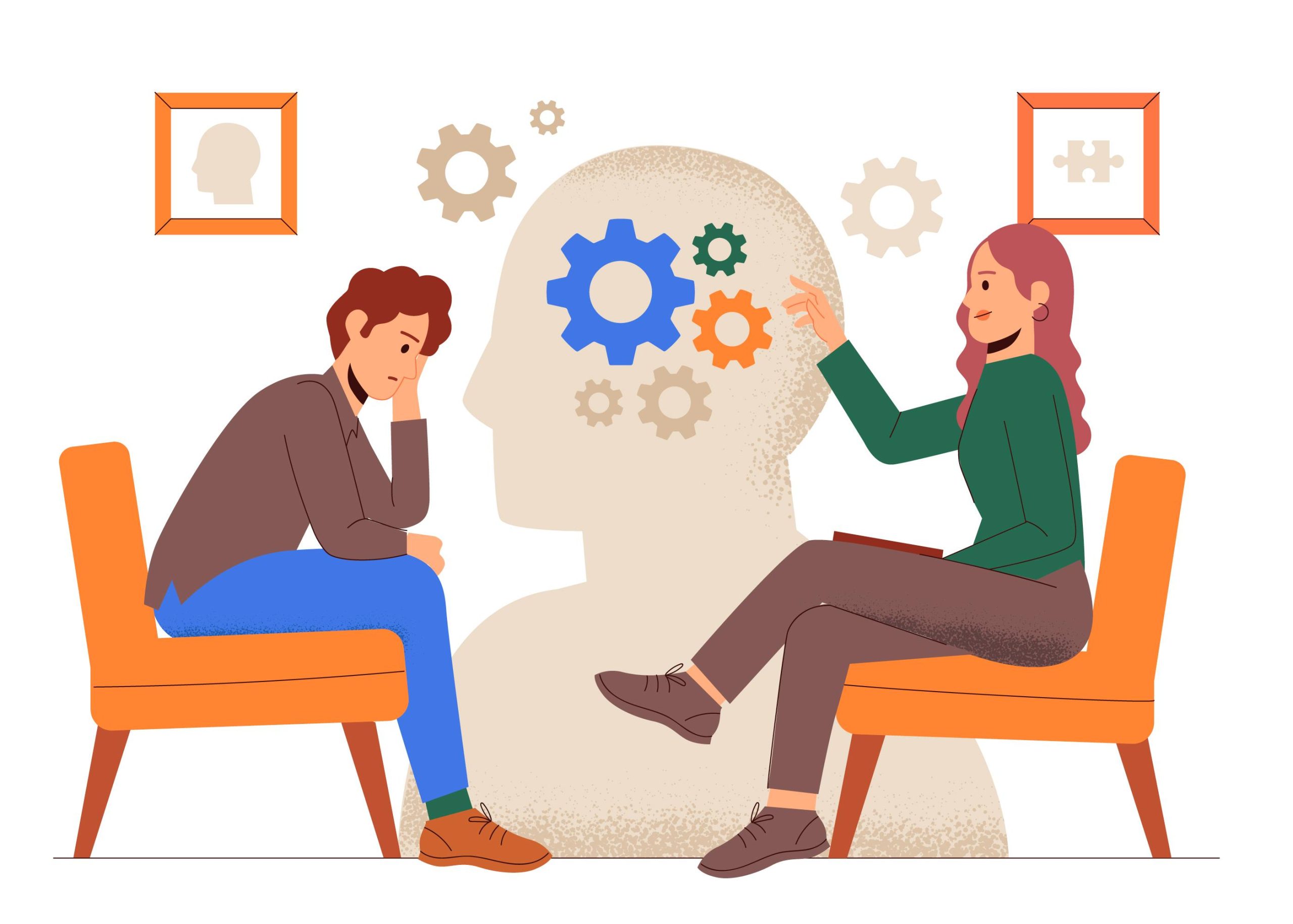In today’s time people are more aware about the importance and need of mental health and behavioral health care and stability. However, the knowledge is still under many myths and one of them being both the terms mental health and behavioral health being used interchangeably many times. People often can fuse these terms and think both are the same and can be replaced with each other but the truth is both of these terms are very distinct from each other and need a different approach of care and in need of treatment and counseling. What needs to be understood here first is yes!, both of these terms are closely related and do impact one another directly.
Mental Health Definition and Some Common Mental Health Conditions
Mental health refers specifically to a person’s emotional, psychological, and cognitive well-being. It influences how individuals think, feel, and behave, and also affects how they cope with stress, relate to others, and make decisions.
According to the World Health Organization (WHO), mental health is “a state of well-being in which every individual realizes their own potential, can cope with the normal stresses of life, can work productively, and is able to make a contribution to their community.”
Some of the common mental health concerns often faced by people globally and are known to affect majority of population worldwide are:
- Depression
- Anxiety disorders
- Bipolar disorder
- Schizophrenia
- Post-traumatic stress disorder (PTSD)
- Obsessive-compulsive disorder (OCD)
These conditions can rise due to many reasons like genetics, brain chemistry disbalance, past trauma, life experiences, etc.
Defining Behavioral Health Definition and Some Common Behavioral Health Concerns
Behavioral health is a broader term that includes mental health, but also encompasses how behaviors impact overall well-being. It focuses on how habits, actions, and choices influence physical and emotional health.
Behavioral health in simple terms puts a connection between behaviour and health that affects small to small and common to common aspects of life of an individual like eating habits, exercise routines, substance use, coping mechanisms, lifestyle patterns, etc.
Some of the common behavioural health concerns that are observed and recorded in people worldwide are:
- Substance abuse
- Gambling addiction
- Eating disorders
- Smoking or alcohol dependency
- Compulsive behaviors
- Non-adherence to medical treatment
Key Differences Between Mental Health and Behavioral Health
Focus
Mental Health
Mental health majorly focuses on emotional, psychological and cognitive well- being of an individual and often starts with an open communication between the patient and the doctor in order to find how the patient acts and thinks in certain situations and during questions.
Behavioral Health
Behavioral health majorly focuses on small habits and ways of living of the patient that are affecting the social and physical life of the patient and also even the mental health of him/ her.
Conditions Included
Mental Health
It includes treatment of conditions like depression. Anxiety, social anxiety, overthinking, etc.
Behavioral Health
It includes treatment of behavioral aspects like substance abuse, eating disorders, lifestyle choice, etc.
Treatment Approaches
Mental Health
The doctors first go with treatment options like open talk counseling, therapy with medications to control the symptoms and to bring calmness, cognitive- behavioral therapy (CBT), etc.
Behavioral Health
Behavioral health concerns treatment starts with Behavioral therapy, addiction treatment, lifestyle coaching, etc.
Why the Distinction Matters
Better Diagnosis and Treatment
Understanding the distinction allows healthcare providers to develop more tailored and effective treatment plans. A person with an anxiety disorder may benefit from therapy and medication, while someone with a behavioral addiction might need behavioral interventions and habit restructuring.
Holistic Approach to Health
Recognizing behavioral health as a broader umbrella encourages a whole-person approach. It helps professionals identify unhealthy patterns—like poor diet or substance use—that might be worsening a mental health condition or leading to physical illnesses.
Policy and Insurance Clarity
In healthcare policy and insurance, clear definitions can affect coverage, funding, and access to services. Behavioral health services may include programs not traditionally classified as “mental health,” such as smoking cessation or nutritional counseling.
Reducing Stigma
By understanding that behavior and mental health are intertwined, we help reduce the stigma around both. Recognizing that a person’s actions may stem from emotional struggles fosters empathy and support instead of judgment.
One medical professional who can and guide you in case of any mental health and behavioral health concerns and disbalance that is affecting your general health and ease of living is a mental health general practitioner (GP). So, in case of any issue related to mental and behavioral health issues you need to first need a Mental Health GP Near me like a first aid in case of any physical injury.
